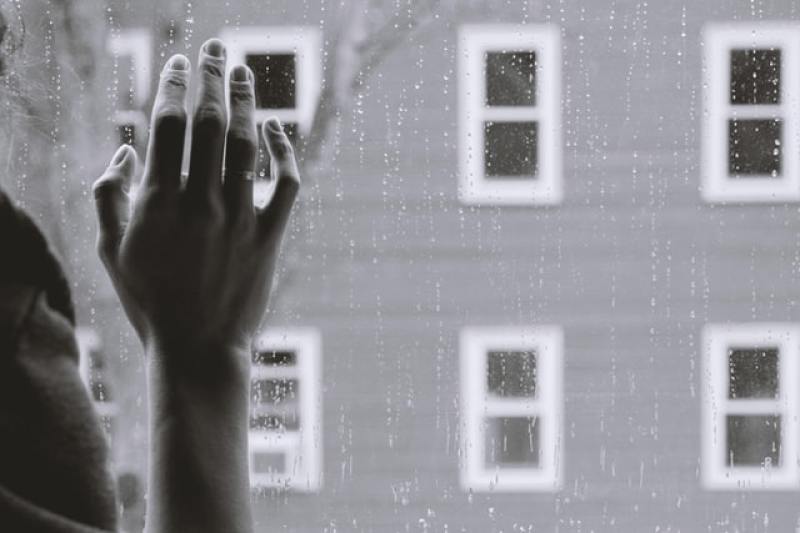
Researchers say that now is time to look at another national crisis on loneliness since the COVID pandemic is subsiding.
United States Surgeon General Dr. Vivek Murthy raised the need now to address the crisis on loneliness considering the crisis of the pandemic is receding, KTIV 4 reported.
Murthy told KTIV 4 in an interview that he has made it a key feature of his agenda as Surgeon General to address the adverse effects of loneliness now that people are being brought out of isolation brought by the pandemic's lockdowns.
Murthy pointed out that loneliness actually has serious physical implications.
"Loneliness is linked to not only increases in depression and anxiety, but shorter lifespans, to increase in premature death, increase incidences of dementia to sleep disturbances and so many other conditions," he said.
WND, on the other hand, said other health experts have raised the reality that loneliness has been a long time national crisis aggravated due to the pandemic. The health experts urged that the lockdowns, isolation, and social distancing has brought many to experience severe loneliness, such that recorded mental health issues surged during the pandemic.
As per WND, loneliness is a global crisis that affects any person regardless of race, gender, economic status, and social influence. A person may be experiencing loneliness despite having many friends while a person having few friends may not even have experienced loneliness at all.
"The damage it causes can be severe. Loneliness is implicated in depression, anxiety, substance abuse, even heart disease. It increases the likelihood of mortality and, according to one estimate, can be as harmful as smoking 15 cigarettes a day. A 2017 report from AARP estimates that the treatment of social isolation costs Medicare $6.7 billion annually," WND highlighted in its report.
In fact, last May, Christianity Daily reported that Mental Health America Screening Data showed the "profound negative effect" the pandemic had "on the mental health of the nation." There was "an increasing number of people experiencing anxiety, depression, psychosis, loneliness, and other mental health concerns."
"Over 2.6 million people took a mental health screen, comprising the largest dataset compiled for a mental health help-seeking population during the pandemic," MHA announced in their website.
MHA stressed that this number represents a 200% increase in the record of people seeking mental help in 2019. The MHA data also revealed that suicide among the youth have increased due to the pandemic lockdowns that caused loneliness.
The crisis is so urgent that health experts have simultaneously released reports and studies on how to combat loneliness, as well as, setup a network of support for people suffering it.
WND cited New York University Developmental Psychology Professor Niobe Way who initiated the establishment of Building Connections Collective, a group of 10 national research organizations set to provide people suffering from loneliness "opportunities for social connections within and across communities." The group is currently raising funds for the creation of a national database on organizations addressing the crisis on loneliness.
Way, author of "Crisis of Connections," is an international expert on loneliness.and suicide particularly focusing on men who are more to experience it.
In a 2018 article, Way pointed out that American masculinity lead this gender group to be predisposed to loneliness. She said in a TEDTalk speakership that the "soaring rates of suicide" among men "are a consequence of boys being raised to go against their nature."
Meanwhile, in a similar effort to address the crisis, Murthy revealed that the fastest way to heal loneliness is by nurturing one's relationships, which has been affected by the lockdowns and social distancing rules amid the COVID pandemic.
"We are all healers in that respect and this is a time when deep healing is needed and if we can get people to see themselves as agents of that healing through the power of their relationship then I think we have a good shot that address some of the deep trauma that so many have experienced in our country," said Dr. Murthy.

























